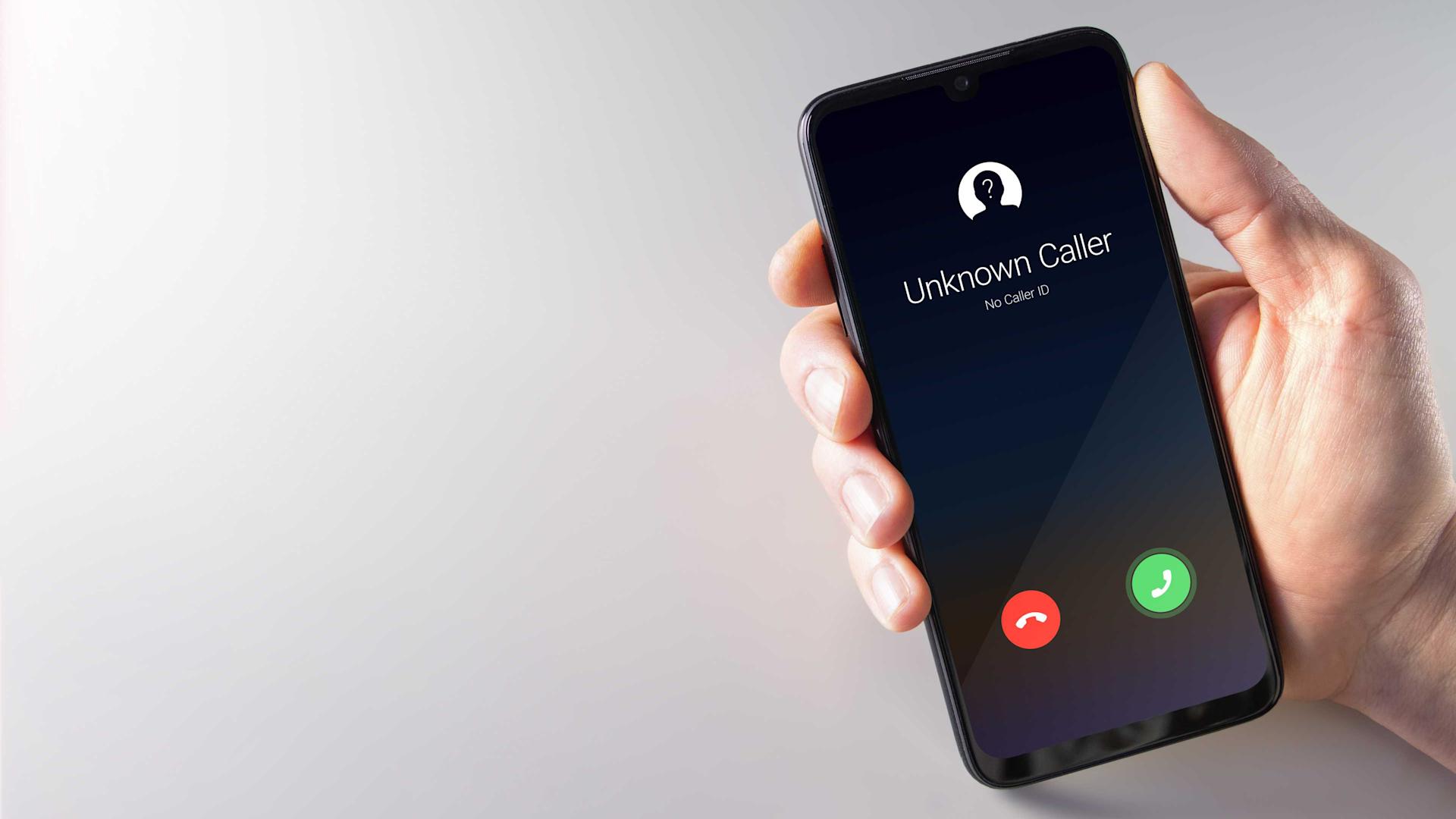
Striking a balance between work and family life
Two Migros employees talk about the balancing act of being parents, looking after their children and having a career.
navigation

Online security
Phone scams, fake letters from the authorities: criminals will stop at nothing to swindle unsuspecting victims out of their money. How to avoid falling victim to scams.
Calls from scammers pretending to be someone close to the victim asking for help are commonplace. Other criminals use fake letters. People targeted are asked to scan a QR code – often under the pretext that their account details need to be updated. Many fraudsters find out information on their potential victim beforehand to appear credible.
You should be extremely wary if you’re ever put under time pressure over the phone or in a letter, for example because a relative, who it’s claimed has had an accident, supposedly needs money urgently. Don’t let anyone talk you into doing anything unusual, such as installing software. Any requests to disclose personal data, such as passwords or credit card details, are highly suspicious too – if that happens, simply hang up immediately or throw the letter away.
No. Call displays can be manipulated. “Scammers use spoofing to make a familiar number appear on the display, for example the number of your child, an IT company or 117 for the Swiss police,” explains Antonio Kulhanek, who is responsible for cyber-attack defence at the Migros Group. There are no technical means of preventing this from happening. If 117 appears on the display, it’s obviously a bogus call as there are no outgoing calls from that number.
No. Fraudsters can imitate a family member’s voice using artificial intelligence. “That’s why it’s a good idea to agree on verbal code words with your relatives. If you get a suspicious call, you can then ask for the code word to make sure you’re really talking to your child,” advises Antonio Kulhanek.
“A lot of personal information is available on social media,” warns Antonio Kulhanek. That enables fraudsters to give the impression that they know you. For example, they might mention your 15-year-old daughter, or know about your holidays in Greece or what your favourite car is. “So be very careful about any information you disclose online,” Kulhanek recommends.
Yes, but don’t use the contact details that appear on the letter as they may be bogus. It’s best to get in touch with the official customer service department of the sender indicated or use the official telephone number or email address of the authority that supposedly contacted you. In fraud cases, the authority (or company) concerned can then warn people about the danger on social networks.
If you take a photo of the QR code with your smartphone, the address to which you’ll be redirected appears. If it seems unusual to you – for example, migrosversand.free-shopping.com instead of migros.ch – it’s probably a phishing attempt. You should then stop the process.
Discover exciting stories about all aspects of Migros, our commitment and the people behind it. We also provide practical advice for everyday life.
All Stories